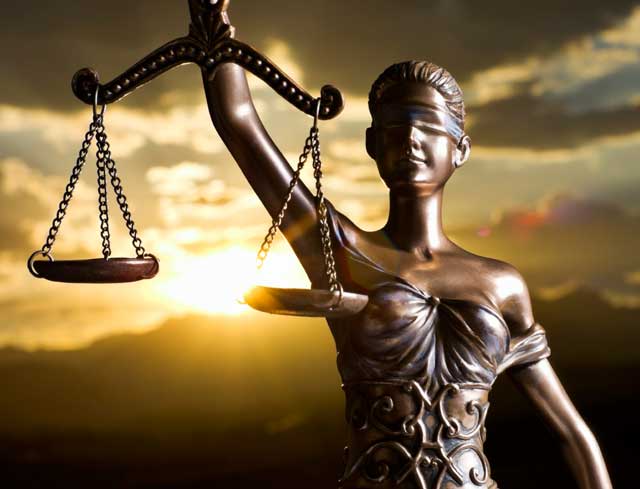Business Torts and Crimes
by
Charles Lamson
How do businesses relate to society and to other businesses? Can the activity of a business unfairly damage another business or even violate a criminal law? With some variations from state-to-state, courts have found some activities by businesses and some activities against businesses actionable.
 |
Torts
A tort is a private wrong or injury. The law permits people to sue for injuries caused by the intentional or negligent acts of others. The person who causes the injury is called a tortfeasor.
Intentional Torts
To recover for an intentional tort, the injured person must show three things:
Intentional torts include such actions as assault (putting a person in fear of a wrongful touching), battery (a wrongful touching), trespass (invading someone's property), and false imprisonment (improperly confining a person). Although a business could be involved in these torts, parties involved in these types of cases come from every sector of the community.
Negligence Torts
To recover for a tort based on negligence, the injured party must show:

Business Torts
The type of tort caused by a business or involving a business is a business tort. Business has become involved in a tort action in several common ways.
Product liability. Manufacturers of products incur potential liability and tort for injuries caused by the products,. A person injured through the use or condition of a product could sue on the basis of the manufacturer's negligence in the preparation or manufacture of the article. The plaintiff must go (figuratively) into the defendant's plant or factory, learn how the article was made, and prove negligence. Unless the plaintiff can show negligence in the design of the manufacturer's product or the general method of manufacture, it is unlikely the plaintiff will be able to prove negligence.
Whenever a manufacturer, as a reasonable person, should foresee that a particular class of persons would be injured by the product, the manufacturer is liable to an injured member of that class without regard to whether such member purchased from the manufacturer or from anyone else.
The difficulty of proving negligence has helped lead the courts to expand a Doctrine called strict tort liability. This doctrine makes a manufacturer liable without proof of negligence. It applies to anyone injured because of the defect in the manufacture of a product when such defect makes the use of the product dangerous to the user or persons in the vicinity of the product. The person injured or killed must be a user or person in the vicinity.

Business Activity. Several other business activities have been widely recognized as tortious. They are intentional torts and may be based on state law, federal law, or common law. While some variation exists among the states, an injured party may recover damages on the basis of conduct that causes two general types of harm:
*SOURCE: LAW FOR BUSINESS, 15TH ED., 2005, JANE E. ASHCROFT, J.D., PGS. 22-24*
end
|

No comments:
Post a Comment